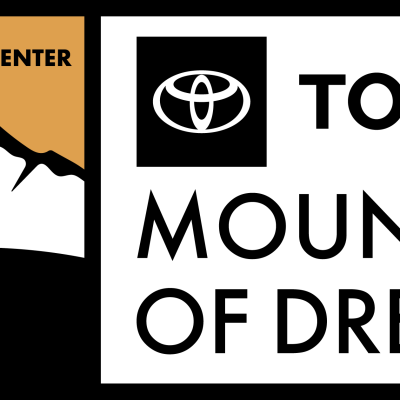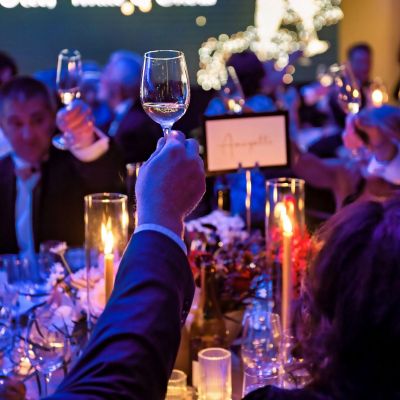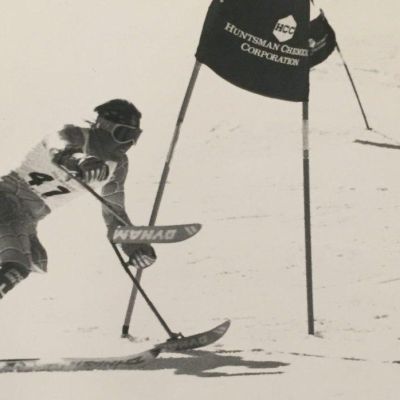9-day program aims to promote a culture of tolerance and inclusion toward individuals with disabilities in Republic of Korea
PARK CITY, UTAH (December 18, 2018) –The National Ability Centerwill conduct a 9-day adaptive ski training for coaches from South Korea. The project, Adaptive Sports for Social Change (ASSC), is funded through the Sports Diplomacy Division of the U.S. Department of State’s Bureau of Educational and Cultural Affairsand is free of charge for all participants.
A group of 12 Korean university students will travel to the National Ability Center (NAC) in Park City, Utah on January 2-11, 2019 to receive in-depth adaptive ski training at the NAC’s Mountain Center at the base of Park City Mountain Resort. This outstanding group was selected from a group of 50 coaches that received training from the NAC in PyeongChang this past March leading up to the Paralympic Games in PyeongChang.
“This program pushes the barriers for inclusion on a global level and we are incredibly honored to welcome the 12 coaches to the NAC,” said Meeche White, co-founder and international programs manager at the National Ability Center. “Our project, Adaptive Sports for Social Change in partnership with the Sports Diplomacy Division of the U.S. Department of State’s Bureau of Educational and Cultural Affairs, provides the necessary training for groups from around the world that helps to create adaptive recreation programs in their home countries.”
During the 9-day program the Korean students and university professors will receive in-depth training in adaptive alpine skiing and training sessions on sled hockey, rock climbing and biathlon. Touring the Alf Engen Museum and the Utah Olympic Park to observe bobsled and skeleton training are also on the agenda.
“Last March, the National Ability Center provided an adaptive ski training for coaches which significantly enhanced the level of their ability to teach adaptive skiing,” said Geonhyeong Cho, disability specialist at U.S Embassy in Seoul, South Korea. “I am confident that the upcoming program in Utah will bring us to an even more competitive level so we can equip others to ‘teach a man how to fish rather than giving him a fish.’”
The goals and benefits of the program include empowering those with disabilities to try the sport of skiing as well as promote a culture of tolerance, inclusion and respect toward individuals with disabilities in the Republic of Korea.
For more information on the National Ability Center or the adaptive ski training, visit discovernac.org.
###
ABOUT the National Ability Center –The National Ability Centerprovides world-class adaptive recreation and Splore outdoor adventures for individuals and families of differing abilities, physical, cognitive and developmental, including competitive athletes, youth, veterans and more. Rooted in Park City, UT for over 30 years, with additional facilities in Salt Lake City and Moab, the National Ability Center empowers participants by building self-esteem, confidence and lifetime skills through inclusive programming and activities such as alpine and nordic skiing, snowboarding, horseback riding, cycling, swimming, rafting, archery, among others. The National Ability Center is globally recognized as a chapter of Disabled Sports USA and is one of only 12 Gold U.S. Paralympic Sports Clubs. For more information, visit www.discovernac.org.
ABOUT the Bureau of Educational and Cultural Affairs’ Sports Diplomacy Division – The Bureau of Educational and Cultural Affairs’ (ECA) of the U.S. Department of State fosters mutual understanding between the people of the United States and the people of other countries to promote friendly and peaceful relations. This mission is accomplished through academic, cultural, sports, and professional exchanges that engage youth, students, educators, artists, athletes, and rising leaders in the United States and more than 160 countries. The Sports Diplomacydivision (formerly SportsUnited) uses the international language of sports as a tool to promote tolerance, understanding and the peaceful resolution/prevention of conflict; to increase awareness among young people of the importance of following a healthy lifestyle and physical fitness in order to prevent illness, substance abuse, and negative behaviors; and to improve the quality of life for persons with disabilities by providing inclusive sports opportunities that contribute to the physical and psychological health of people at all ages who experience disabilities.





